The peanut, known as “mani” in Filipino, holds a special place in Filipino cuisine and culture. This humble legume is a versatile ingredient that is used in a variety of dishes, snacks, and desserts across the Philippines. From savory dishes to sweet treats, peanuts play a prominent role in Filipino culinary traditions. One of the most popular Filipino dishes that features peanuts is Kare-Kare. This rich and flavorful stew is made with oxtail, tripe, and vegetables simmered in a thick peanut sauce. The peanuts add a nutty flavor and creamy texture to the dish, making it a favorite among both locals and visitors. Kare-Kare is often served with a side of bagoong, a fermented shrimp paste, to complement the flavors of the dish. In addition to savory dishes, peanuts are also a common ingredient in Filipino snacks.
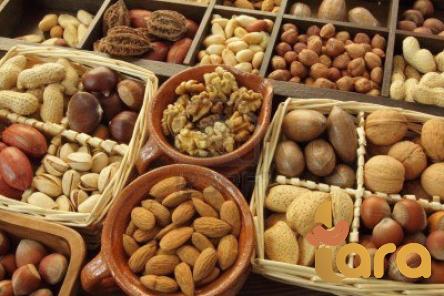
.
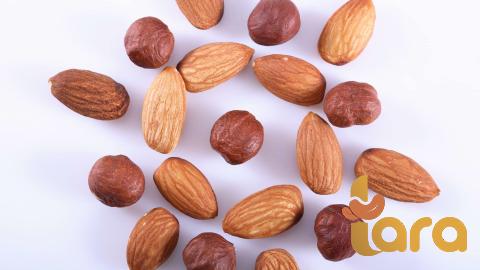 One popular snack that features peanuts is “adobong mani,” which are peanuts fried with garlic and spices. This crunchy and flavorful snack is often enjoyed with a cold beer or soda, making it a favorite choice for gatherings and parties. Peanuts are also a key ingredient in Filipino desserts. One of the most well-known Filipino desserts that features peanuts is “ampaw,” which are crispy rice cakes coated in caramelized sugar and peanuts. These sweet and crunchy treats are popular among both children and adults and are often enjoyed during special occasions and celebrations. Another popular dessert that features peanuts is “maja blanca,” a creamy coconut pudding topped with toasted peanuts. The peanuts add a delicious crunch to the smooth and creamy pudding, making it a delightful treat for those with a sweet tooth. Maja blanca is often served during fiestas, holidays, and family gatherings. Aside from being used in dishes and snacks, peanuts are also commonly enjoyed on their own as a snack. Roasted peanuts, also known as “mani,” are a popular street food in the Philippines. Vendors can be found selling freshly roasted peanuts in markets, parks, and street corners.
One popular snack that features peanuts is “adobong mani,” which are peanuts fried with garlic and spices. This crunchy and flavorful snack is often enjoyed with a cold beer or soda, making it a favorite choice for gatherings and parties. Peanuts are also a key ingredient in Filipino desserts. One of the most well-known Filipino desserts that features peanuts is “ampaw,” which are crispy rice cakes coated in caramelized sugar and peanuts. These sweet and crunchy treats are popular among both children and adults and are often enjoyed during special occasions and celebrations. Another popular dessert that features peanuts is “maja blanca,” a creamy coconut pudding topped with toasted peanuts. The peanuts add a delicious crunch to the smooth and creamy pudding, making it a delightful treat for those with a sweet tooth. Maja blanca is often served during fiestas, holidays, and family gatherings. Aside from being used in dishes and snacks, peanuts are also commonly enjoyed on their own as a snack. Roasted peanuts, also known as “mani,” are a popular street food in the Philippines. Vendors can be found selling freshly roasted peanuts in markets, parks, and street corners.
..
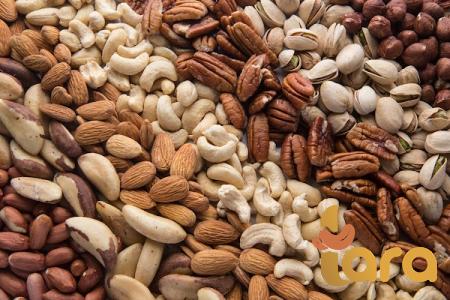 The aroma of roasted peanuts wafting through the air is enough to entice passersby to stop and indulge in this simple yet satisfying snack. Peanuts are not only delicious but also nutritious. They are a good source of protein, healthy fats, fiber, and various vitamins and minerals. Peanuts have been linked to several health benefits, including improved heart health, weight management, and reduced risk of chronic diseases. When consumed in moderation as part of a balanced diet, peanuts can be a healthy addition to your meals and snacks. In Filipino culture, peanuts are not just a food ingredient but also a symbol of hospitality and generosity. It is common for Filipinos to offer guests a snack of peanuts and refreshments as a way of welcoming them into their homes. Sharing peanuts with others is a gesture of friendship and goodwill, reflecting the warm and hospitable nature of Filipino hospitality. Overall, peanuts play a significant role in Filipino cuisine and culture. Whether used in savory dishes, snacks, or desserts, peanuts add a unique flavor and texture that is beloved by many. The rich history and versatility of peanuts in Filipino cuisine make them a staple ingredient that will continue to be enjoyed for generations to come. Filipino cuisine is a reflection of the country’s diverse history and cultural influences, and the use of peanuts in various dishes showcases the fusion of flavors and traditions. From indigenous ingredients to Spanish, Chinese, and American influences, Filipino cuisine has evolved over the centuries to incorporate a wide range of flavors and ingredients, including peanuts. Peanuts have become deeply integrated into Filipino culinary practices, not only for their taste and nutritional value but also for the sense of nostalgia and comfort they evoke. Many Filipinos have fond memories of enjoying peanut-based dishes with their families and friends, whether it’s a simple snack of roasted peanuts or a hearty serving of Kare-Kare. In Filipino households, peanuts are often used as a key ingredient in everyday cooking. Whether it’s adding a handful of crushed peanuts to vegetable dishes for extra crunch or incorporating peanut butter into sauces and marinades, peanuts have a way of elevating the flavors of Filipino dishes.
The aroma of roasted peanuts wafting through the air is enough to entice passersby to stop and indulge in this simple yet satisfying snack. Peanuts are not only delicious but also nutritious. They are a good source of protein, healthy fats, fiber, and various vitamins and minerals. Peanuts have been linked to several health benefits, including improved heart health, weight management, and reduced risk of chronic diseases. When consumed in moderation as part of a balanced diet, peanuts can be a healthy addition to your meals and snacks. In Filipino culture, peanuts are not just a food ingredient but also a symbol of hospitality and generosity. It is common for Filipinos to offer guests a snack of peanuts and refreshments as a way of welcoming them into their homes. Sharing peanuts with others is a gesture of friendship and goodwill, reflecting the warm and hospitable nature of Filipino hospitality. Overall, peanuts play a significant role in Filipino cuisine and culture. Whether used in savory dishes, snacks, or desserts, peanuts add a unique flavor and texture that is beloved by many. The rich history and versatility of peanuts in Filipino cuisine make them a staple ingredient that will continue to be enjoyed for generations to come. Filipino cuisine is a reflection of the country’s diverse history and cultural influences, and the use of peanuts in various dishes showcases the fusion of flavors and traditions. From indigenous ingredients to Spanish, Chinese, and American influences, Filipino cuisine has evolved over the centuries to incorporate a wide range of flavors and ingredients, including peanuts. Peanuts have become deeply integrated into Filipino culinary practices, not only for their taste and nutritional value but also for the sense of nostalgia and comfort they evoke. Many Filipinos have fond memories of enjoying peanut-based dishes with their families and friends, whether it’s a simple snack of roasted peanuts or a hearty serving of Kare-Kare. In Filipino households, peanuts are often used as a key ingredient in everyday cooking. Whether it’s adding a handful of crushed peanuts to vegetable dishes for extra crunch or incorporating peanut butter into sauces and marinades, peanuts have a way of elevating the flavors of Filipino dishes.
…
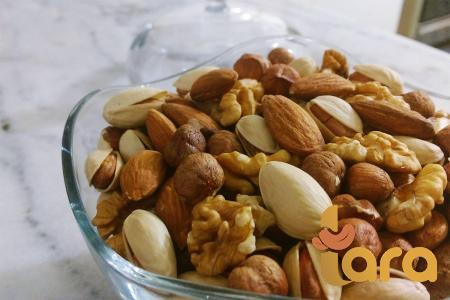 The versatility of peanuts allows for creativity in the kitchen, making it easy to experiment with different recipes and flavor combinations. Furthermore, the cultivation of peanuts in the Philippines has also played a significant role in the country’s agricultural sector. Peanuts are a valuable crop that can thrive in various climate conditions and soil types, making them an important cash crop for farmers in different regions of the country. The economic impact of peanut farming provides livelihood opportunities for many Filipino farmers and contributes to the country’s agricultural output. In addition to their culinary and economic importance, peanuts hold a special place in Filipino culture and folklore. There are various myths and legends surrounding peanuts in Filipino folklore, with stories that highlight the significance of this humble legume in local customs and traditions. In some regions of the Philippines, peanuts are believed to bring good luck and prosperity, leading to the incorporation of peanuts in rituals and ceremonies. The popularity of peanuts in Filipino cuisine has also extended to the international stage, with Filipino restaurants and food establishments gaining recognition for their unique and flavorful peanut-based dishes. Filipino chefs and home cooks alike have been showcasing the diverse uses of peanuts in Filipino cuisine, attracting food enthusiasts from around the world who are eager to discover the rich and vibrant flavors of Filipino food. In conclusion, the peanut, or “mani,” in Filipino cuisine represents more than just an ingredient—it embodies a sense of community, tradition, and culinary creativity. Whether it’s enjoyed as a snack, used in savory dishes, or featured in decadent desserts, peanuts have become an integral part of Filipino gastronomy. The enduring popularity of peanuts in Filipino cuisine is a testament to their versatility, nutritional value, and cultural significance. So the next time you savor a dish that features peanuts, remember the rich history and flavors that this humble legume brings to Filipino food culture.
The versatility of peanuts allows for creativity in the kitchen, making it easy to experiment with different recipes and flavor combinations. Furthermore, the cultivation of peanuts in the Philippines has also played a significant role in the country’s agricultural sector. Peanuts are a valuable crop that can thrive in various climate conditions and soil types, making them an important cash crop for farmers in different regions of the country. The economic impact of peanut farming provides livelihood opportunities for many Filipino farmers and contributes to the country’s agricultural output. In addition to their culinary and economic importance, peanuts hold a special place in Filipino culture and folklore. There are various myths and legends surrounding peanuts in Filipino folklore, with stories that highlight the significance of this humble legume in local customs and traditions. In some regions of the Philippines, peanuts are believed to bring good luck and prosperity, leading to the incorporation of peanuts in rituals and ceremonies. The popularity of peanuts in Filipino cuisine has also extended to the international stage, with Filipino restaurants and food establishments gaining recognition for their unique and flavorful peanut-based dishes. Filipino chefs and home cooks alike have been showcasing the diverse uses of peanuts in Filipino cuisine, attracting food enthusiasts from around the world who are eager to discover the rich and vibrant flavors of Filipino food. In conclusion, the peanut, or “mani,” in Filipino cuisine represents more than just an ingredient—it embodies a sense of community, tradition, and culinary creativity. Whether it’s enjoyed as a snack, used in savory dishes, or featured in decadent desserts, peanuts have become an integral part of Filipino gastronomy. The enduring popularity of peanuts in Filipino cuisine is a testament to their versatility, nutritional value, and cultural significance. So the next time you savor a dish that features peanuts, remember the rich history and flavors that this humble legume brings to Filipino food culture.

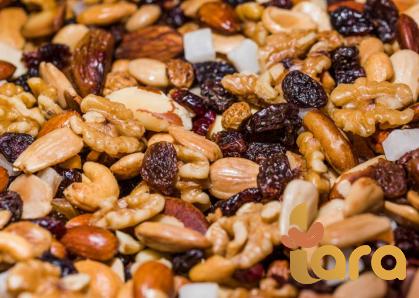
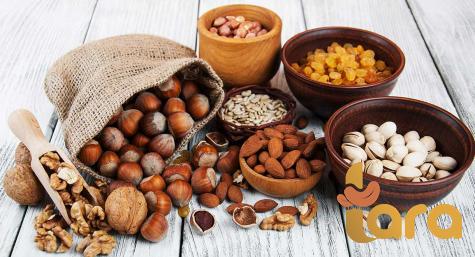
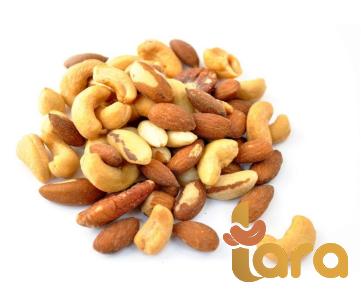
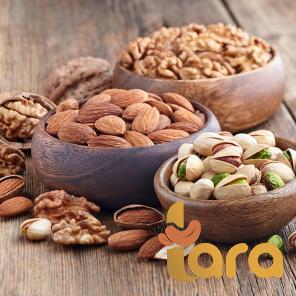
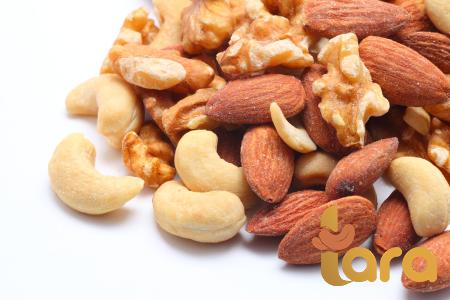
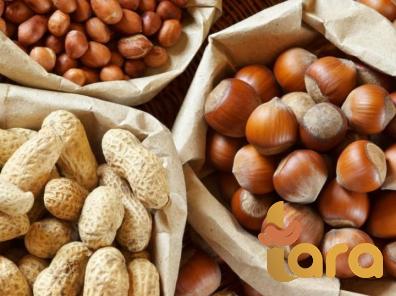
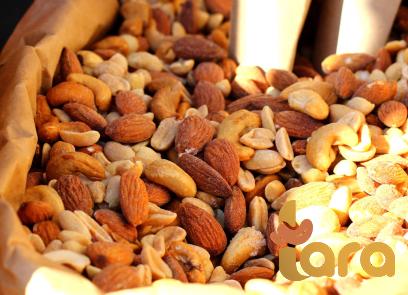

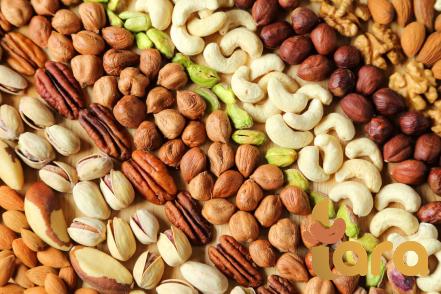
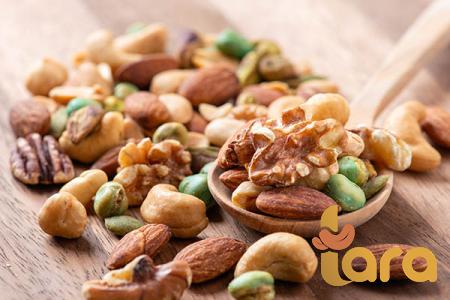
Your comment submitted.